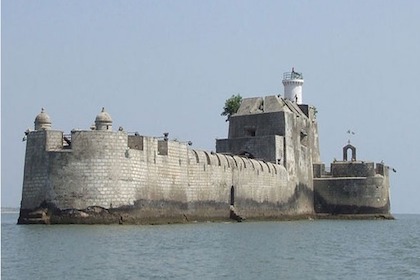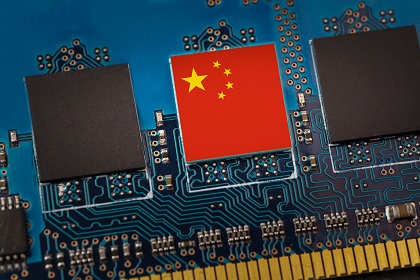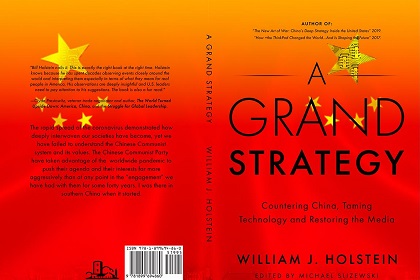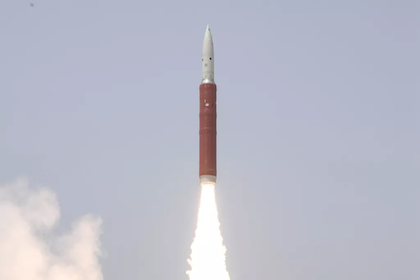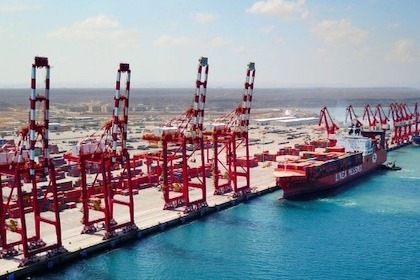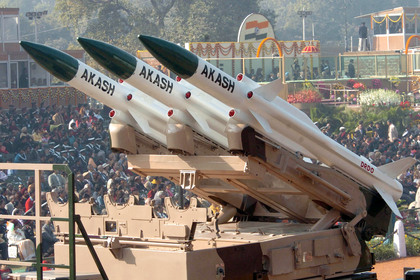The Portuguese string of ports
Five hundred years before the ‘string of pearls’ or strategic naval bases surfaced as part of China’s global dominance plan, Imperial Portugal was a naval power which tried to impose its hegemony over vast swathes of the Indian Ocean. What informed this grand vision of a 16th-century Portuguese seaborne empire?

